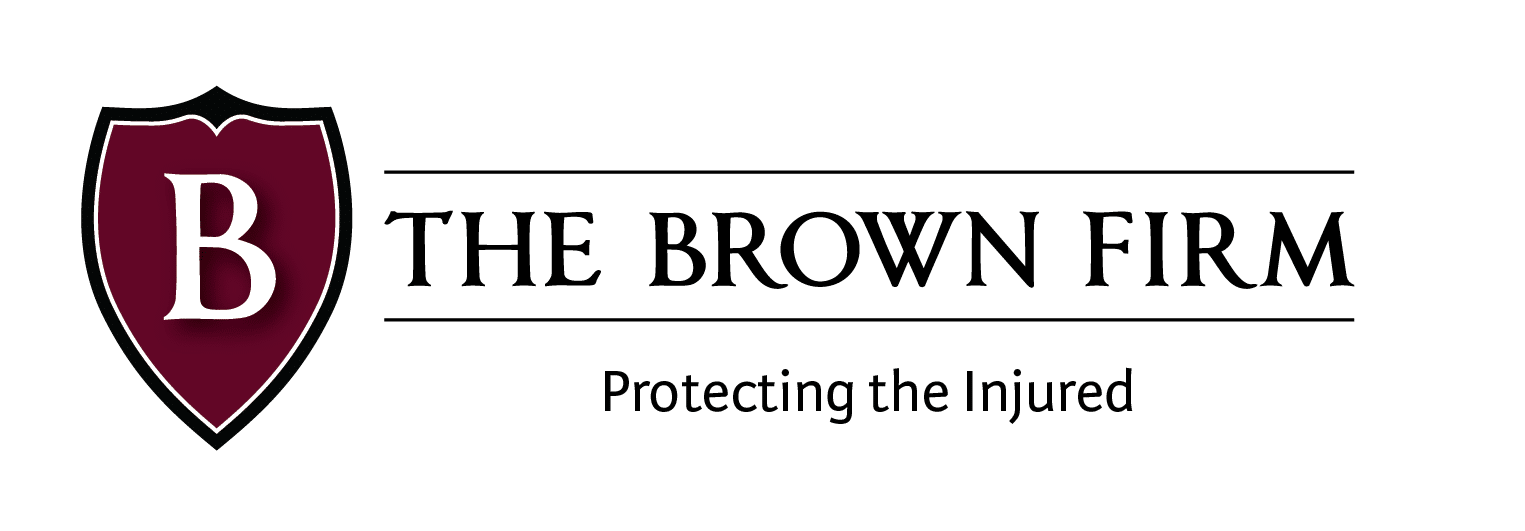Products Liability
What is Products Liability?
Product liability is a legal claim when a manufacturer, seller, or other party distributes a faulty product. People injured by the product or suffered losses due to the defective product have a legal case against the company that manufactured or distributed it.
Businesses in Georgia are required by law to ensure that their goods are safe to use. Generally, if a person uses the product as directed, they shouldn’t worry about getting hurt or suffering other kinds of damage. The manufacturer is usually legally responsible for what happens if a product is broken and hurts someone.
If a defective product hurts you or someone you care about, you may be able to receive financial compensation—maybe a lot more than you expect. Talk to a lawyer at who specializes in product liability.
What Counts as a Defective Product?
A product can be considered defective in three ways:
- Marketing Defects: When a product has a marketing defect, it means that it was labeled in a way that made it unsafe to use or that the directions were wrong or unclear. With a marketing defect, the product could have been safe if it was used properly, but the way it was marketed or packaged led people to use it in a different way and get hurt.
- Manufacturing Defects: When a product has a manufacturing defect, it is made in a way that makes it weak, broken, or unreliable. The product might have been safe if it had been made correctly, but the way it was made—usually by taking shortcuts to save money—meant that it would break or fail easily and hurt people.
- Design Defects: Design defects mean that the product is unsafe because of how it was made. In other words, the product was likely to hurt people even if it was made and sold correctly and if people followed the directions and used it correctly.
Under most circumstances, a product must cause damage to be considered defective. A product that merely breaks easily or performs poorly is unlikely to give rise to a legitimate legal claim. A product liability case, however, would be feasible if the method it failed or broke was also hazardous.
The “damage” doesn’t need to result in an injury. For example, consider a warehouse owner who invested in commercial refrigeration systems to enable meat storage in the facility. If the systems were flawed, the meat might have spoiled, costing the company potentially tens of thousands of dollars in lost revenue. That is a real type of harm, and the warehouse owner can file a lawsuit for it (even though no one was hurt).
How Do You Prove a Products Liability Claim?
The claim is filed under state law where the harm occurred. Product liability is not really covered by federal law, so state law will determine the specific evidence needed to support your claim.
However, one of three approaches is typically used to prove a products liability case:
- Based on Negligence: This means that the product’s manufacturer or distributor took shortcuts in the product’s design, production, or marketing.
- Strict Liability: According to this legal doctrine, consumers may be entitled to compensation even if the manufacturer is not found to have been negligent. Manufacturers are virtually always accountable for injuries brought on by the correct usage of their goods under strict liability laws. Sellers are not liable unless selling that particular product is a regular part of their line of work. For instance, a farm equipment store may be held strictly liable for selling a defective tractor as a brand-new item, but a farmer selling the same tractor as a used item would not be. This is because selling used vehicles is not the farmer’s primary line of work.
- Breach of Warranty: You might have a claim if the product came with a warranty, even if strict liability or negligence isn’t established. That’s because a warranty is essentially a manufacturer’s promise that a product will function in a particular manner. The Magnuson-Moss Warranty Act is a federal statute establishing requirements for warranties across the country.
Lawsuits involving medical devices, drugs, and medical procedures can be very complicated and require additional types of evidence. You can get assistance from medical device recall lawyers.
Contact the Personal Injury Lawyers at The Brown Firm
If you have been injured, the experienced personal injury attorneys at The Brown Firm offer free consultations to accident victims in Georgia and South Carolina. Call 800-529-1441 to speak with our personal injury team today!
Ready to Talk to a Lawyer Who Has Your Back?
Contact The Brown Firm
Get the Answers and Compensation You Deserve
You’ll notice the difference when you contact The Brown Firm! Our local dedicated attorneys want to help you recover and rebuild.
Schedule your free consultation by calling (800) 529-1441 or completing our simple online form.
